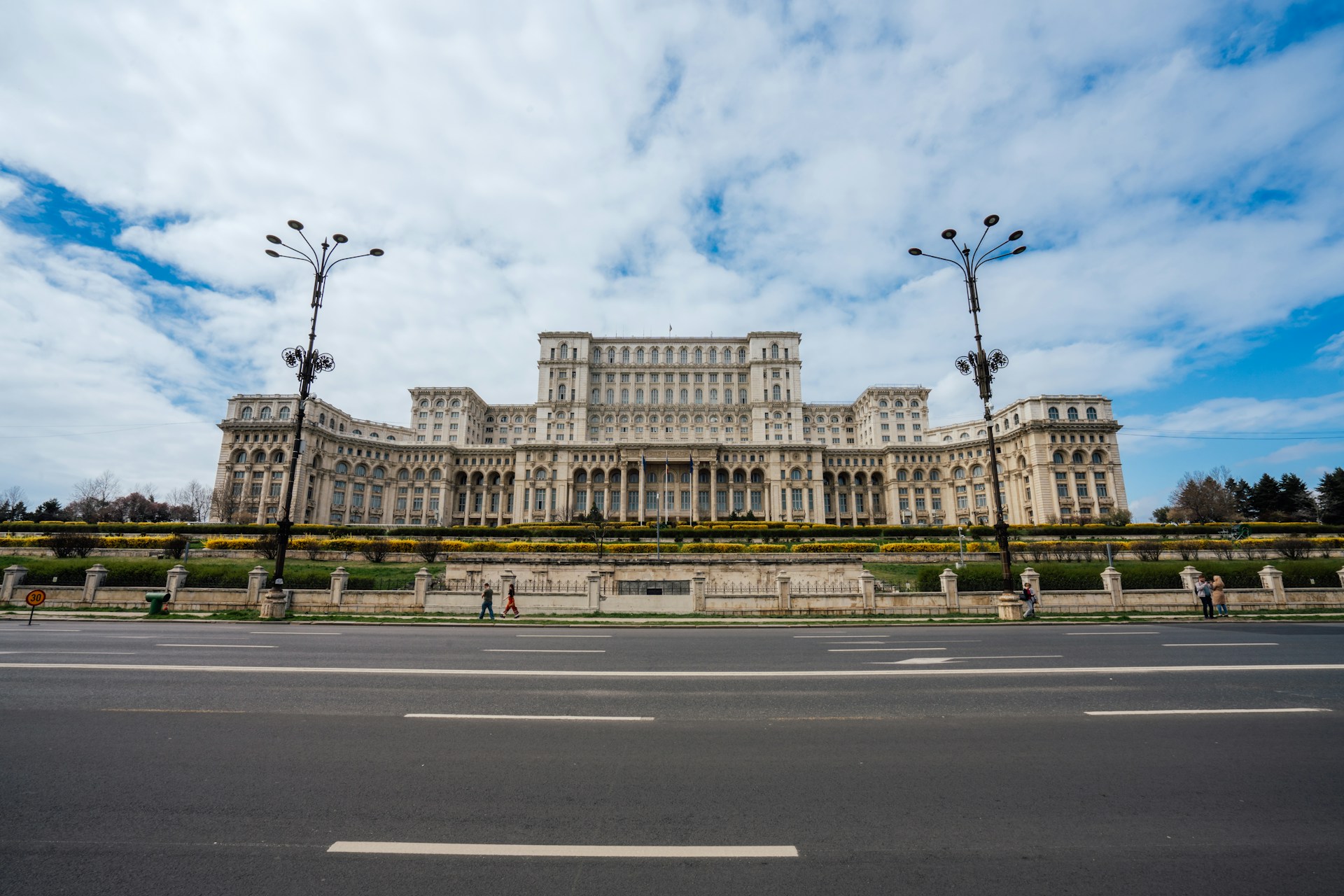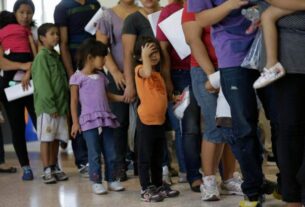In an unprecedented move, Romania’s Constitutional Court (CCR) has annulled the results of the first round of the 2024 presidential election, calling for entirely new elections. This decision follows revelations of foreign interference and irregularities in campaign financing, placing the country in an uncertain political position with potentially far-reaching consequences.
The first round of voting had seen the emergence of a surprise leader: Călin Georgescu, a little-known far-right nationalist, who topped the polls ahead of the centrist pro-EU candidate, Elena Lasconi. His unexpected rise sparked controversy, especially after declassified intelligence reports suggested that Russian state actors had been involved in a disinformation campaign to influence the outcome.
The CCR’s ruling, issued Friday, cited procedural errors in the electoral process and the declassification of intelligence reports which revealed foreign meddling and illegal campaign financing in support of Georgescu. The court’s decision comes just as voting began for the Romanian diaspora, setting the stage for a completely new election cycle. Romania’s government is now tasked with setting a new election date, potentially as late as spring 2025, depending on whether the electoral process needs to be restarted from scratch.
Court’s Rationale and Political Fallout
Prime Minister Marcel Ciolacu, representing the center-left Social Democratic Party (PSD), supported the court’s ruling, calling it “the only correct solution” in light of the intelligence documents that confirmed Russian interference. He emphasized the need for a thorough investigation into those responsible for distorting the election results.
However, the court’s decision has been met with strong opposition from other political figures. Elena Lasconi, the centrist candidate who was set to face Georgescu in a runoff, condemned the ruling as “illegal” and “immoral.” She claimed that it undermines the very foundations of democracy, accusing the Romanian government of betraying the people’s will. “This is the moment when the Romanian state trampled on democracy,” she stated in a public address, referencing Russian influence and the alleged manipulation of the election outcome.
Far-right leader George Simion, head of the AUR party, characterized the court’s decision as a “coup d’état,” though he refrained from endorsing public protests. In a Facebook post, Simion argued that Romania’s political system was facing a crisis but maintained that change should come through democratic means.
Georgescu himself, while avoiding direct public comments, issued a pre-recorded video, denouncing the court’s ruling as an attack on democracy orchestrated by Romania’s political elite. In his speech, Georgescu equated his struggle to that of populist figures like former U.S. President Donald Trump, insisting that he would continue his campaign undeterred.
Allegations of Foreign Interference and Campaign Abuses
Georgescu’s campaign, which gained significant traction in the weeks before the election, particularly through TikTok, has been clouded by allegations of manipulation. Romanian intelligence agencies uncovered evidence of a coordinated social media effort designed to amplify Georgescu’s message. The campaign, which used Telegram to mobilize supporters and deploy messaging, raised suspicions of a foreign-backed initiative aimed at bolstering the candidate’s chances.
Reports also revealed that Georgescu’s campaign received almost €1 million in funding, much of which was spent on paid advertisements across social media platforms. Despite his claims of operating on a shoestring budget with volunteer support, these findings contradicted his narrative and raised questions about the sources of his financial backing.
The intelligence documents indicated that a network of “sleeper accounts” was activated shortly before the first-round election, suggesting that foreign actors, potentially linked to Russian interests, had engineered a strategic push to sway Romanian voters with anti-Western propaganda.
Implications for Romania’s Democracy
The cancellation of the presidential election results has thrown Romania’s political future into turmoil. As the nation prepares for a new election cycle, the fallout from foreign interference and campaign irregularities could further erode public trust in the political system. Moreover, the court’s decision sets a precedent that may have lasting effects on Romania’s democratic institutions.
Given the high stakes, both the Romanian government and the European Union are closely monitoring developments. The investigation into election meddling and financing irregularities will be critical in determining the legitimacy of future elections and restoring confidence in Romania’s democratic processes.
As the nation moves towards fresh elections, Romania finds itself at a crossroads, with political forces on all sides bracing for an uncertain future.



